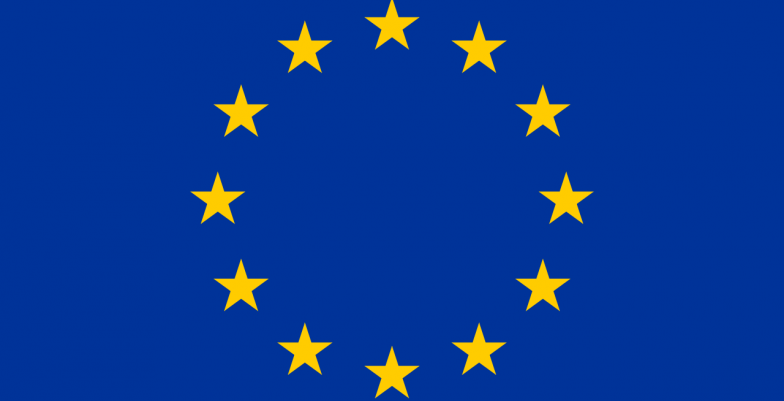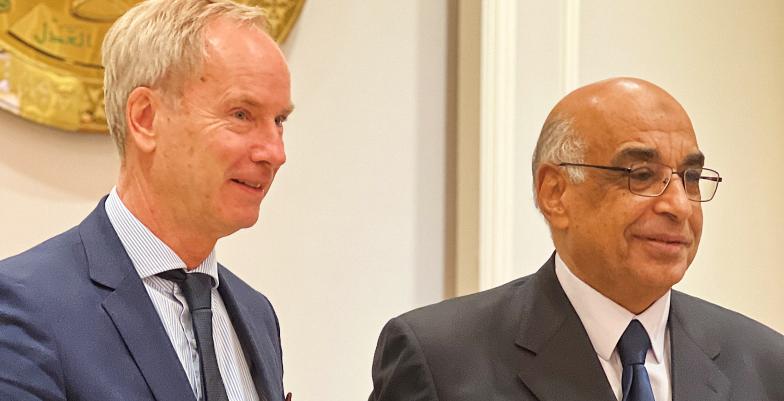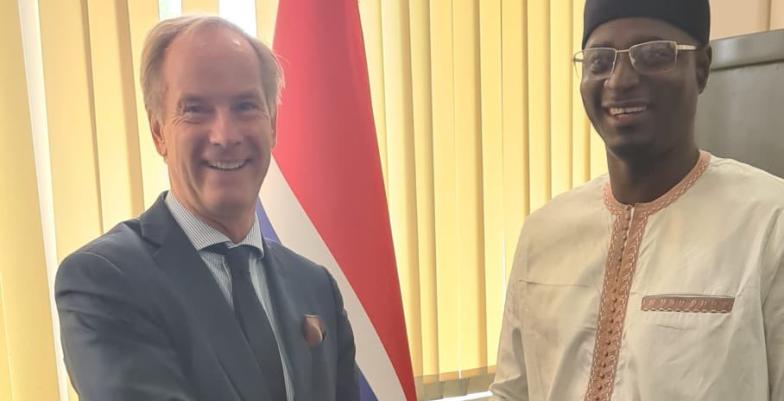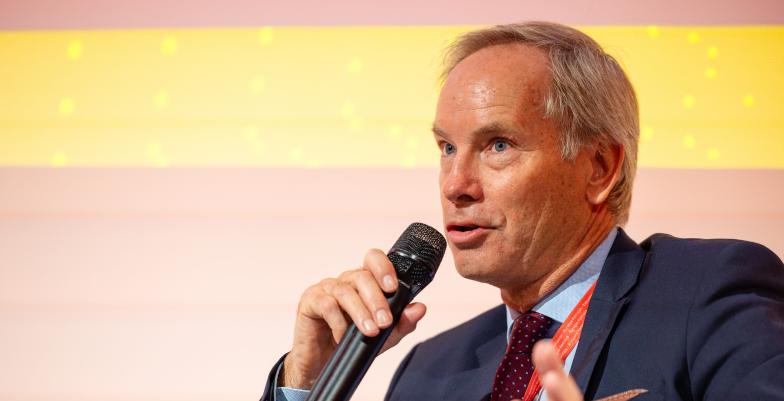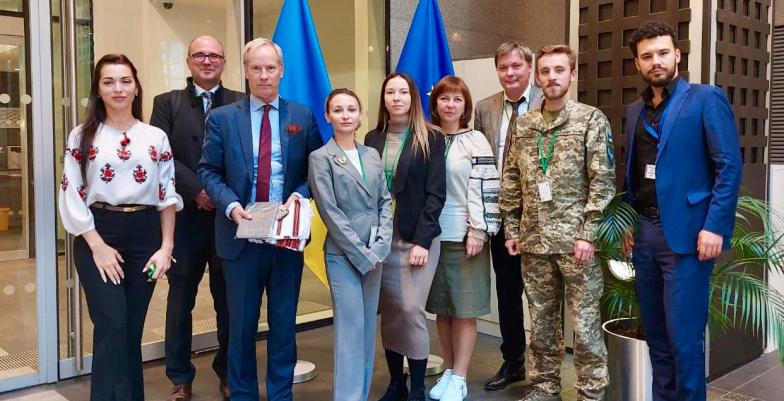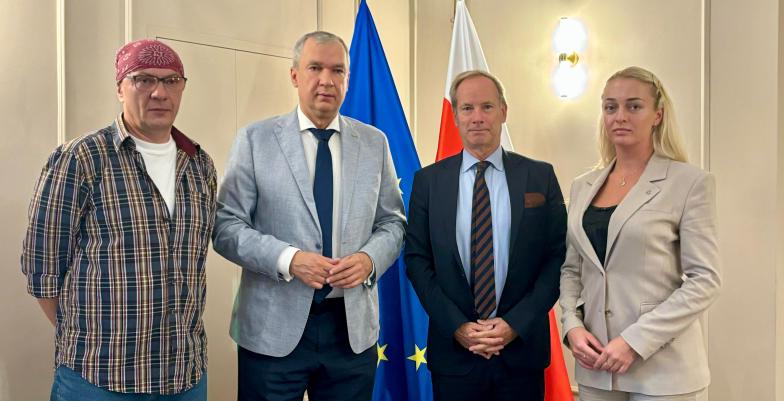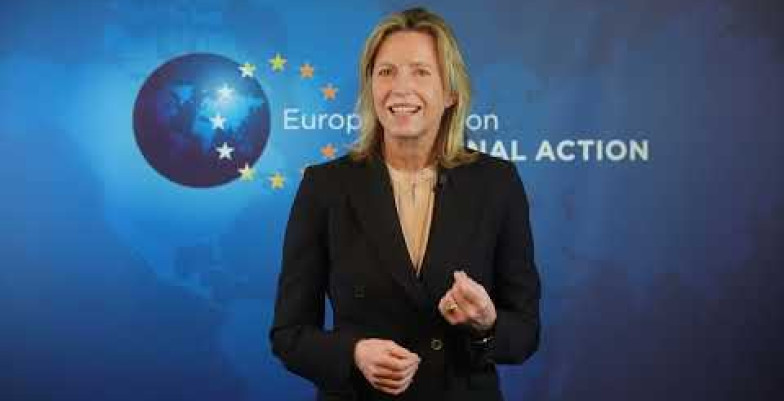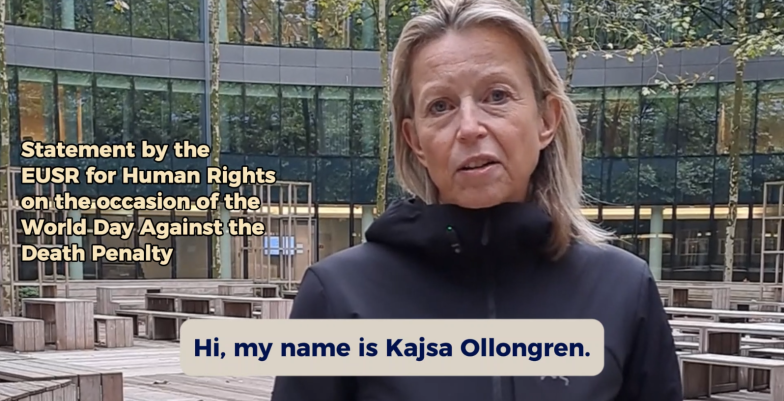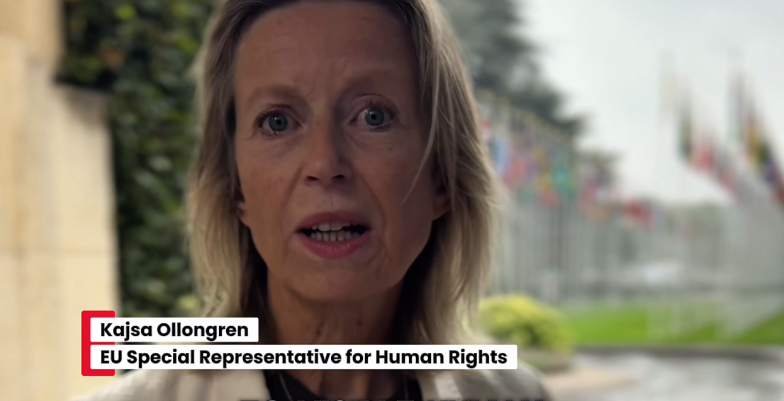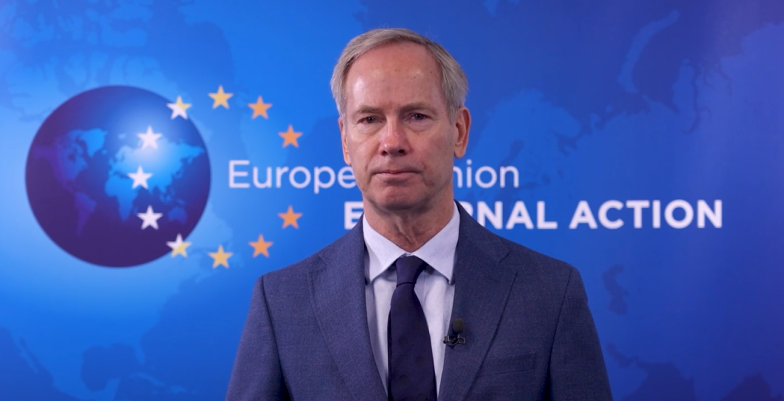EU Special Representative for Human Rights
Welcome message from the EUSR for Human Rights Kajsa Ollongren
Dear reader,
On August 1, 2025 I began a new chapter as I took up the vital role of EU Special Representative (EUSR) for Human Rights. My three dedicated predecessors, since the position was established with a Foreign Affairs Council mandate in 2012, have paved the road that I shall continue on.
The EU is much more than just a practical union of European countries. Member states share not only borders, markets and regulations. We are bound by shared values. Our fundamental respect for human dignity, freedom, democracy, equality, the rule of law and human rights guide all our policies.
But there is still much work to be done. We need to operate strongly and more impactful in a new, complex geopolitical reality. The global push-back on human rights - including on democracy, limiting civil space, free media and gender equality – renders our efforts all the more important.
Human Rights are at the centre of our global ambition. We work not only to strengthen our competitiveness, but also to ensure that social conditions are improved. Fighting climate change and protecting the environment is an essential human right. All matters of security and defence are directly linked to fundamental rights of people. What do we defend if not our fundamental beliefs, our freedoms, our dignity? All around the world we witness horrific violations: civilians suffering from displacement, famine, and war crimes. Our obligation is to stand up for those who need our support, no matter where they are around world.

European Union
Many countries look to deepen relations with the EU and vice-versa. People around the world aspire to the full enjoyment of their universal rights and freedoms. It is in our interest to promote and build our partnerships around those rights.
My work will focus on engagement with third countries and dialogues, with emphasis on broader issues such as protection of human rights defenders, death penalty, torture, migration, gender equality and women’s rights, LGBTIQ+, business and human rights, new technologies, environment and climate change, freedom of religion and belief and many others.
With a small team to cover the entire world, we rely heavily on the work done by other parts of the EU system, especially the European External Action Service (EEAS) and our EU Delegations, as well as European Commission and the European Parliament. I look forward to working with civil society and other partners that are essential to provide us with an understanding of the human rights situation in countries around the world and my door is always open to them.
I will continue the monthly Newsletter to describe my engagements, offer reflections and conclusions in the implementation of the mandate. I will post on social media under @kajsaollongren.
In a world overshadowed by geopolitical tensions, wars, security concerns and power politics, innocent people and their rights are the first victim. To achieve more respect for the rights of humans all around the world, is a quest worth pursuing and a fight that needs to be fought. Together, through cooperation and unwavering commitment, we can make a lasting impact.
Thank you for your attention.
Kajsa Ollongren
EU Special Representative for Human Rights
Mandate
The Council appointed Ms. Kajsa Ollongren as the EUSR for Human Rights for an initial period until 28 February 2026.
Article 2 – Policy objectives
The EUSR’s mandate shall be based on the policy objectives of the Union regarding human rights as set out in the Treaty on European Union and in the Charter of Fundamental Rights of the European Union, as well as on the EU Strategic Framework on Human Rights and Democracy and on the EU Action Plan on Human Rights and Democracy, including
(a) enhancing the Union’s effectiveness, presence and visibility in protecting and promoting human rights in the world and bringing forward a positive narrative on human rights, in particular by deepening Union cooperation and political dialogue with third countries, relevant partners, business, civil society and international and regional organisations, and through action in relevant international fora;
(b) enhancing the Union’s contribution to strengthening democracy and institution-building, the rule of law, good governance, and respect for human rights and fundamental freedoms worldwide;
(c) improving the coherence of Union action on human rights and the integration of human rights into all areas of the Union’s external action.
Article 3 – Mandate
In order to achieve the policy objectives, the EUSR’s mandate shall be to:
(a) contribute to the implementation of the Union’s policy on human rights, in particular of the EU Strategic Framework on Human Rights and Democracy and of the EU Action Plan on Human Rights and Democracy, as well as to the implementation of Union Guidelines, toolkits and action plans on human rights, including by formulating recommendations in this regard;
(b) contribute to the implementation of the Union’s positions, as defined by the Council, on promoting compliance with international humanitarian law;
(c) contribute to the implementation of the Union’s positions, as defined by the Council, on promoting support for international criminal justice, in particular those under Council Decision 2011/168/CFSP (2) on the International Criminal Court;
(d) help establish a stronger European voice through dialogues on human rights with governments in third countries and international and regional organisations, as well as with civil society organisations and other relevant actors in order to ensure the effectiveness and the visibility of the Union’s human rights policy; lead important human rights dialogues with third countries;
(e) contribute to better coherence and consistency of the Union’s policies and actions in the areas of the protection and promotion of human rights, in particular by providing input to the formulation of relevant policies of the Union;
(f) contribute, in consultation with Member States, to the better coherence and consistency of the Union’s positions referred to in points (b) and (c).
Speeches, remarks, and statements
Newsletters
Photo Gallery
VIDEO GALLERY
Contact Information
For press queries, please contact Cecilia Pellosniemi, Political Advisor: cecilia.pellosniemi(at)ext.eeas.europa.eu

